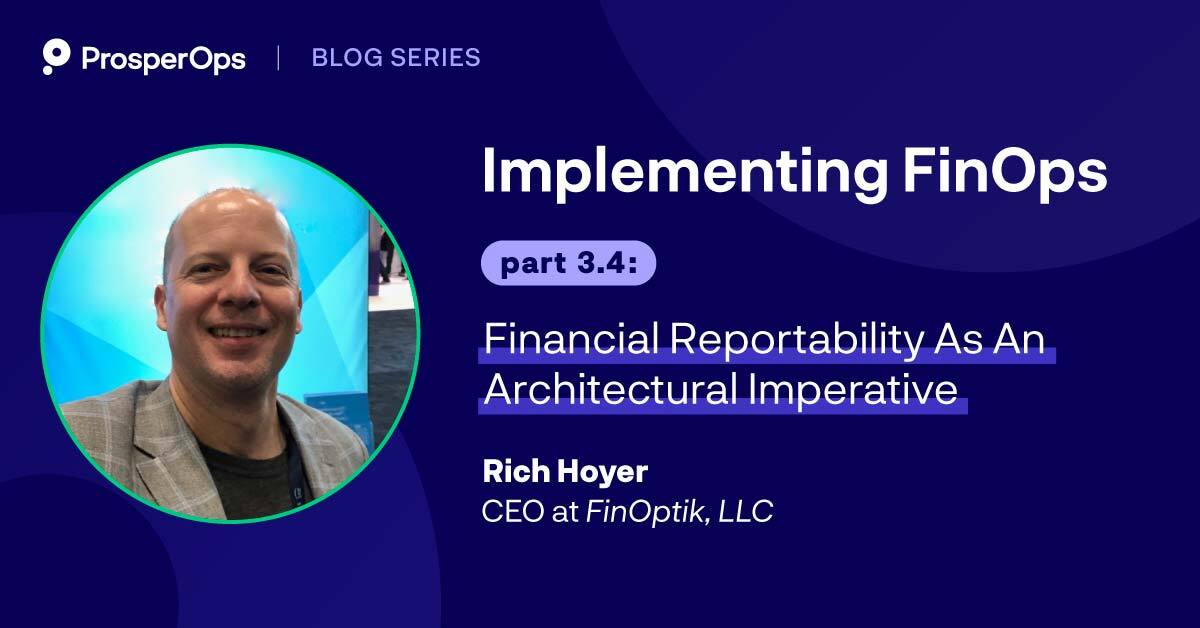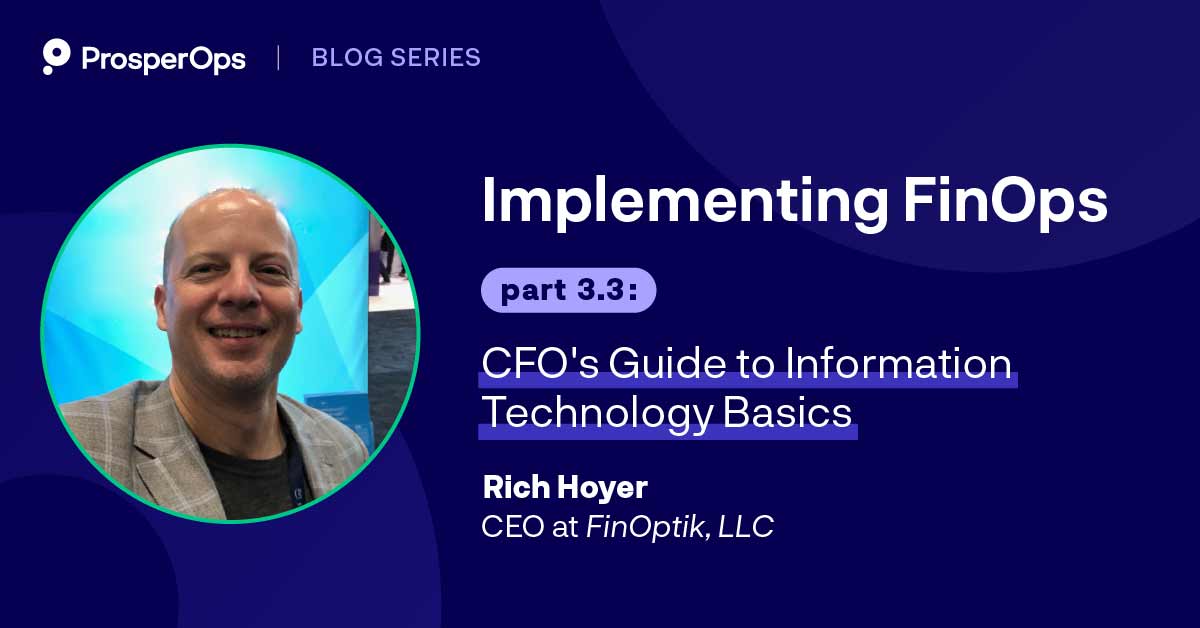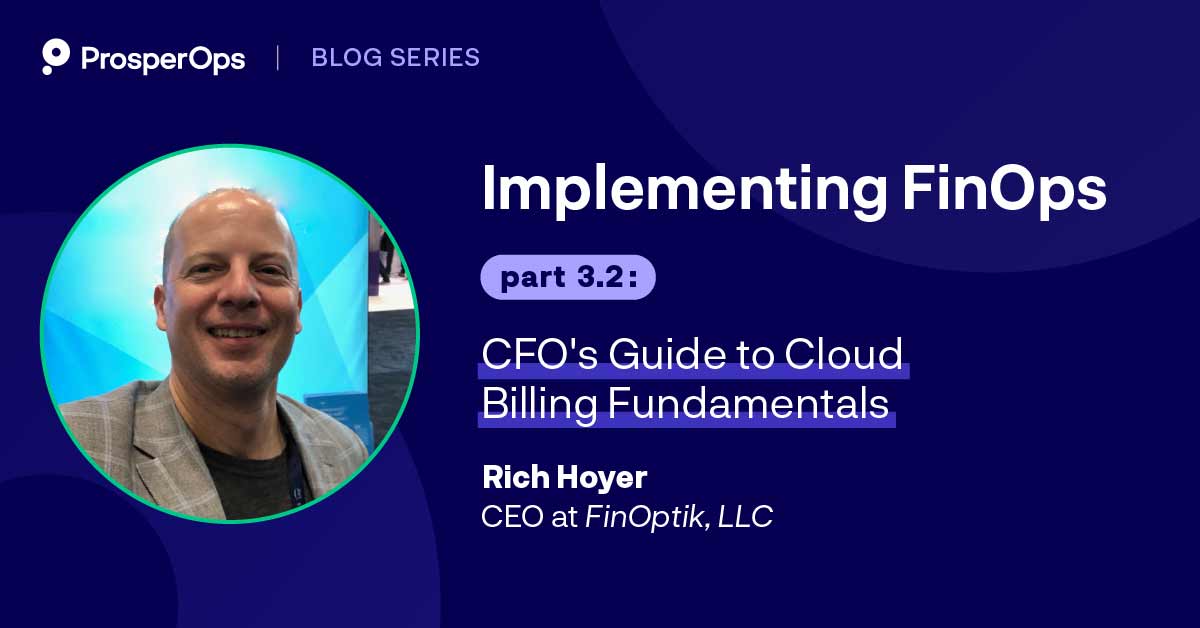As businesses push for faster release cycles and high-quality apps, continuous deployment (CD) tools bridge the gap between development and delivery.
Think of CD tools as the baton passing from runner to runner in a relay race. Because the hand-off is so critical, automation and reliability have become indispensable.
This article explores the benefits of CD and outlines the top CD tools reshaping how we think about software deployment. Whether you’re a developer, a DevOps enthusiast, or an entrepreneur optimizing your CD pipeline, you’ll find insights to propel your projects to greater efficiency and excellence.
What is a continuous deployment tool?
A continuous deployment tool is a software utility that automatically releases new code changes directly to the production environment.
How does that differ from continuous delivery? After continuous integration builds and tests the code, continuous delivery would stage the code to await manual approval.
A continuous deployment tool, on the other hand, automatically moves the code to the production deployment phase. This additional automation layer streamlines the software development life cycle, enabling quicker, more efficient updates and feature rollouts to the end user.
Benefits of using continuous deployment tools
Not all tools deliver the same benefits. This section will help you determine the benefits that are most important to you.
Faster release cycles
CD tools release code changes to the production environment once they pass specified tests. This eliminates manual intervention and reduces the time from development to market. As a result, businesses can quickly respond to market demands, adapt to feedback, and offer frequent updates.
Improved quality and reliability
Continuous testing and feedback cycle ensures the code’s quality and reliability. The tools check code changes for errors before deployment. Developers can address and rectify issues immediately.
Greater cost-efficiency
With fewer manual interventions, human errors are less likely. The streamlined operations and reduced error rates can translate to substantial savings.
Better monitoring and analytics
Tools track real-time changes, deployments, and issues. Development teams gain insights into software performance, user engagement, and bottlenecks. This feedback catches discrepancies early, allowing for informed decisions on software optimization.
More collaboration and ownership
Everyone is in the loop. This transparency cultivates a collaborative environment where every change, test, and deployment is visible, bridging the team gap. Developers are encouraged to produce high-quality, efficient code when each change can be traced back to its author.
Our list of 10 continuous deployment tools to try
Each tool delivers its own set of unique features and advantages. Let’s look at today’s most popular tools with new features, use cases, and pricing.
1. Atlassian‘s Bamboo
Atlassian’s Bamboo is a continuous integration and delivery tool that connects issues, commits, and test results in a streamlined workflow.
With Bamboo, development teams can automate code integration, run automated tests, and release software reliably.
Best features
- Integrations with various tech stacks and dedicated agents for running hotfixes and critical builds
- Visibility into the history of code changes and submitted issues
- Traceability from the initial planning phase to the final delivery of changes through interfaces with BitBucket and Jira Software
Pricing
- Free: Up to 10 tasks
- Premium: Plans start at $10 for small and growing development teams
2. TeamCity
TeamCity, developed by JetBrains, is a CI/CD server that streamlines software build processes and facilitates the continuous integration and delivery of software.
It’s compatible with various testing frameworks and code quality assurance tools and can operate on all major operating systems.
Best features
- Integrations with popular version control tools
- Cloud integrations with platforms, including Amazon EC2, Microsoft Azure, and Kubernetes clusters
- Code quality tracking
- Build history for efficient rollbacks when necessary
- System maintenance and comprehensive user management
Pricing
- Professional: Free for up to 100 build configurations
- Enterprise: $2,399 (first-year cost)
3. CircleCI
This platform combines continuous integration and delivery. It automates the development process, taking code from source to build to deploy. CircleCI’s can be used on third-party private and on-premises platforms.
Best features
- Docker support, facilitating containerized application development and deployment
- Customizable server configuration for tailoring the development environment
- Compatibility with all popular programming languages
- Dashboard tracking with insights into each step of the process to optimize performance
- Powerful caching mechanism to enhance build performance and reduce build times
Pricing
- Free tier: 6,000 build minutes per month
- Performance: Starts at $15 per month for 25,000 credits
- Enterprise: Pricing is available upon request
4. RunDeck
This open-source software automates routine operational procedures in data center or cloud environments. It’s designed to help operations teams collaborate and avoid the bottleneck of manual command execution.
Users operate from a web console and API to manage tasks across a set of nodes and see the status and output as it happens.
Best features
- Job definitions enable users to define workflows, the sequence of tasks, and node filters.
- Access control ensures that specific users have permission to execute certain jobs on certain nodes.
- Activity streams provide real-time insights into job execution and output.
- Integration capabilities allow connection with other tools for notification, logging, and data passing.
- Plug-in architecture enables extensions for notification and node sources.
Pricing
- Free: Open-source version
- Enterprise: Starts at $1,999 per year for 10 nodes
5. Codeship
Codeship integrates with popular version control platforms like GitHub and Bitbucket, automatically testing new code commits. You can set it up to deploy code to production environments when tests pass.
Best features
- Parallel testing that allows multiple test suites to run simultaneously
- Docker support platform to build and push images
- Deployment pipelines for automated deployment to various environments based on conditions
- Easy integration with popular tools like Slack, GitHub, and Bitbucket.
- Customizable infrastructure to set up environment variables, caching, and deployment configurations
Pricing
- Free: For small development teams and projects
- Premium: Pricing based on options needed
6. Octopus Deploy
Octopus Deploy ensures seamless software releases while maintaining configuration and environment consistency.
Octopus packages applications and their configurations, then releases them across environments following a consistent process.
Best features
- Environment and variable management for environment configuration
- Release management for consistent processes from testing to production
- Targets deployed to on-premises servers, cloud platforms, or Kubernetes clusters
- Built-in conventions, eliminating the need for most scripting
- Extensions and integrations for compatibility with other tools and platforms
- Dashboard view of releases across different environments
Pricing
- Free: For small teams
- Professional: Plans start at $12 per month for five deployment targets
- Enterprise: Plans start at $18 per month for 10 deployment targets
7. Jenkins
Jenkins automates various development tasks, including building, testing, and deploying applications. With plug-ins, Jenkins can integrate with virtually any tool in the CI/CD universe, allowing for extensive customization.
Best features
- Extensibility with plug-ins and integrations
- Easy installation and configuration with support for various operating systems and platforms
- Distributed builds across multiple machines
- Pipeline-as-code for defining a CD pipeline
- Intuitive GUI for setting up jobs and monitoring build status
- Real-time feedback on build success or failures
Pricing: Free open-source CI/CD tool. Costs may arise based on infrastructural needs, plug-ins, or integrations.
8. Buddy
Predefined actions and integrations enable developers to quickly build, test, and deploy applications.
Buddy’s visual approach to pipelines lets users create complex workflows with just a few clicks, making it accessible for beginners and experienced developers.
Best features
- Visual pipeline building to simplify the setup process with drag-and-drop functionality
- Predefined actions covering building, testing, and deploying applications
- Integrations with popular version control systems, cloud services, and notification tools
- Instant feedback on real-time status updates for every action executed in the pipeline
- Deployment changesets to ensure only changed files are deployed
- Optimized native Docker layer caching and Kubernetes application deployments
- Collaboration tools, such as shared sandboxes for previewing changes
Pricing
- Free: For small teams and individuals
- Team: Plans start at $24/month for five users
- Enterprise: Pricing based upon requirements
9. Bitbucket
Bitbucket is a web-based platform by Atlassian that provides Git and Mercurial code repositories.
While primarily known as a version control solution, Bitbucket also has built-in continuous integration and delivery capabilities.
Best features
- Bitbucket Pipelines, simplifying the application deployment process
- Integrations with Atlassian tools, including Jira, Confluence, and Bamboo
- Pull request dashboard, facilitating code reviews and collaboration
- Branch permissions for granular control over codebase access
- Docker integration for creating Docker-based build pipelines
- Extensible platform with add-ons and integrations via the Atlassian marketplace
Pricing
- Free: For individuals and small teams with up to five users
- Standard: $3 per user per month, including large file storage and 500 build minutes per month
- Premium: $6 per user per month, including additional new features
10. Gitlab
Originating as a web-based Git repository manager, GitLab has since expanded its services to provide software development solutions, from planning and coding to testing and deploying.
Best features
- Integrated CI/CD for automating the software lifecycle
- Diverse project management tools, including issue tracking and agile planning
- Performance tracking for monitoring application health
- Branching tools for creating, viewing, and managing code and project data
- Integrated development environment to enhance the coding and review process
- Automated testing and reporting
- Easily scalable
Pricing
Free: Unlimited public and private repositories and limited users
Premium: $29 per user per month with 50 GB of storage and unlimited users
Ultimate: $99 per user per month with 100 GB of storage per repository
Enterprise: Pricing upon request (includes Ultimate plan plus dedicated support, on-premises deployment, and high availability)
ProsperOps and continuous deployment are a perfect match for DevOps excellence
Continuous deployment tools have emerged as game-changers, enabling everything from faster releases to better quality. These tools automate the application deployment pipeline and ensure high standards in delivered software.
As you build your continuous deployment pipelines on AWS, ProsperOps can help you cut costs and improve DevOps efficiencies. ProsperOps automates AWS rate optimization, making it easy to ensure that you only pay for the AWS resources you use — with no manual intervention required. Book a ProsperOps demo to discover how to elevate your deployment while optimizing your development costs automatically.



